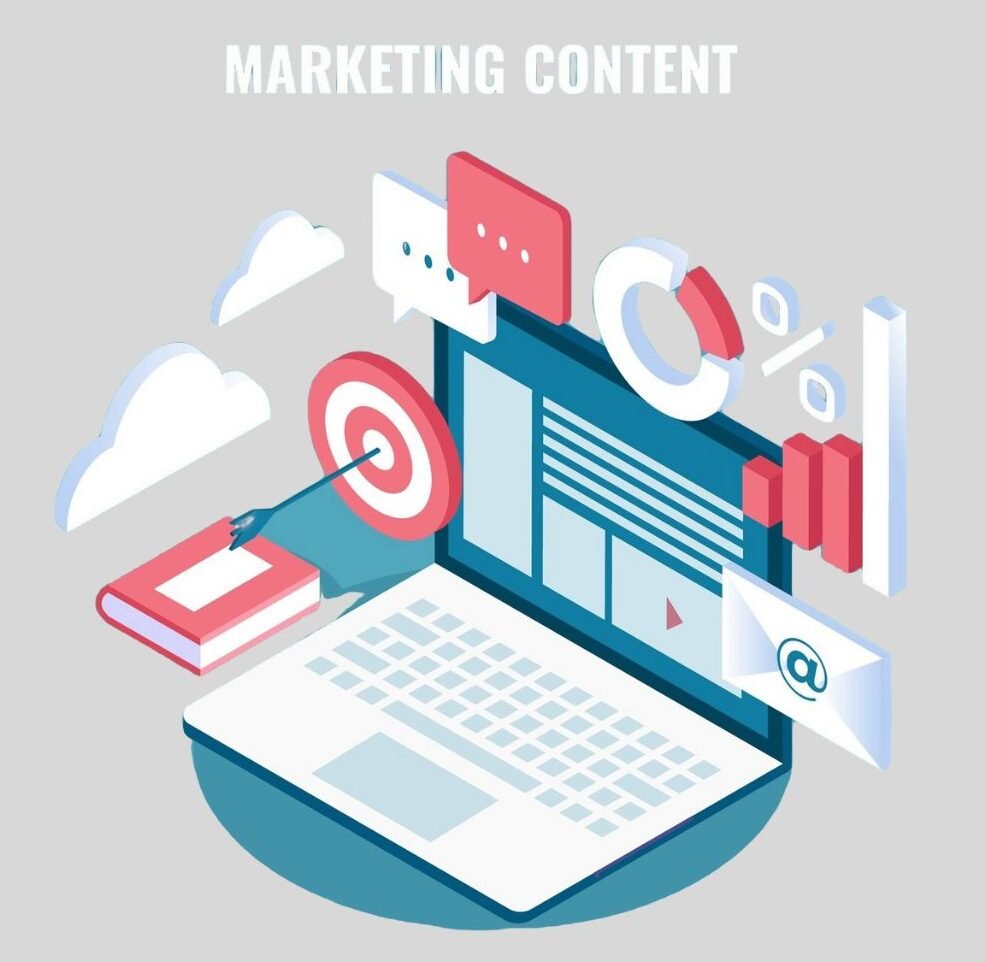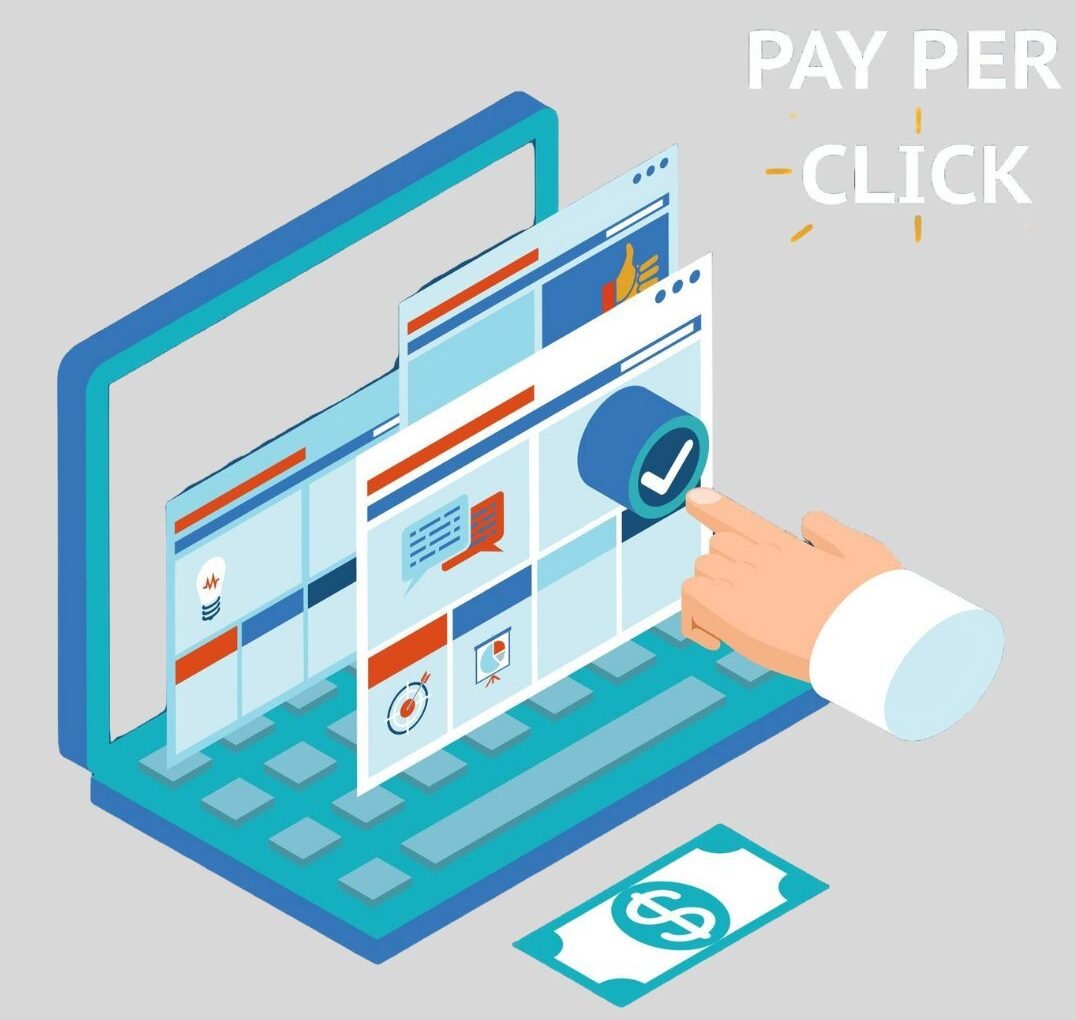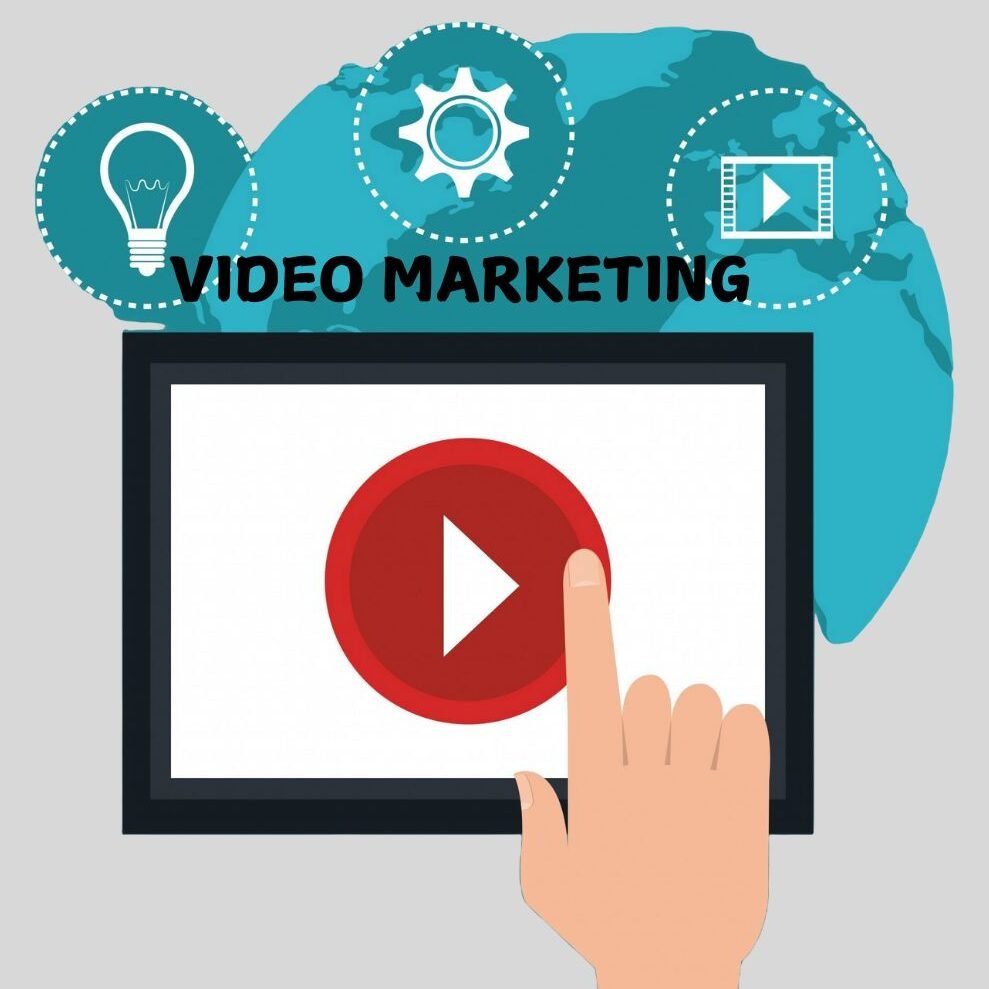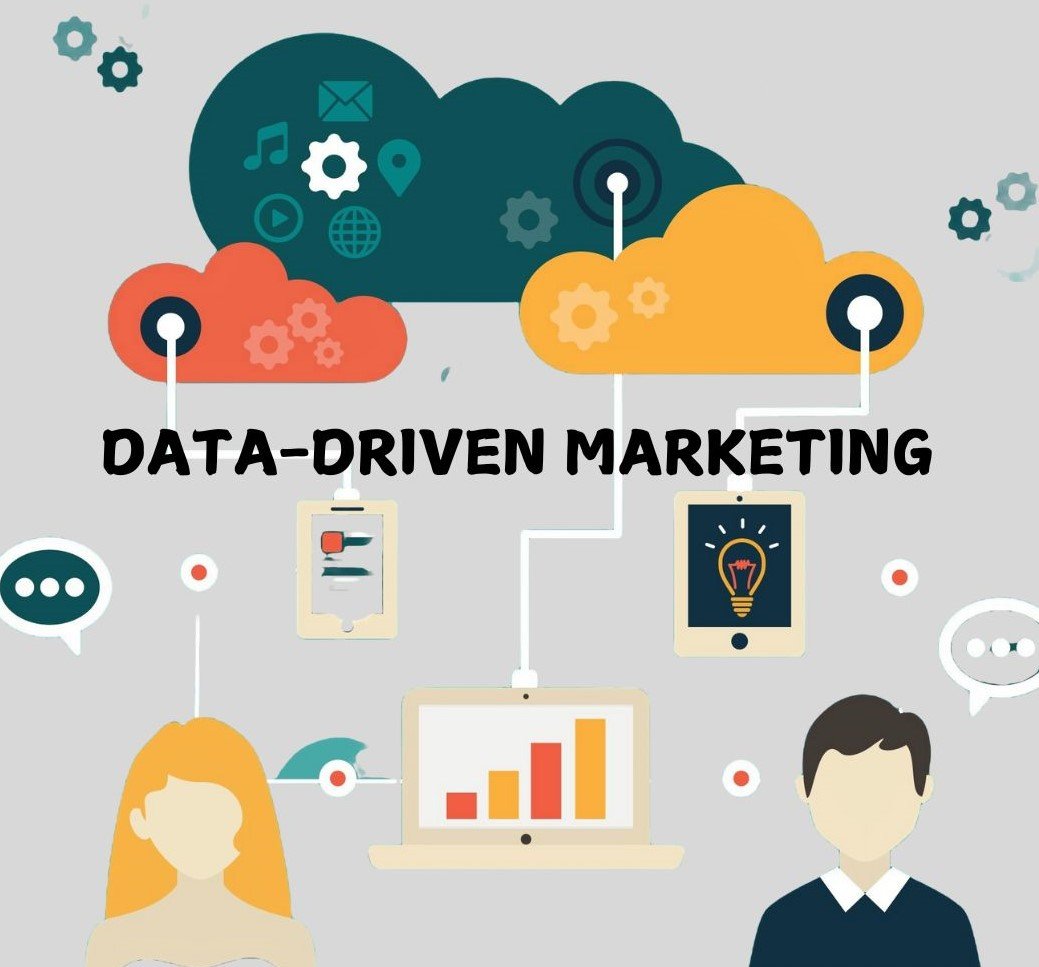In today’s fast-paced digital world, businesses must navigate an increasingly competitive landscape, where effective marketing strategies are not just beneficial but essential for success. As consumer behavior continues to shift towards digital interactions, companies need to adapt by implementing robust digital marketing strategies. These marketing strategies can help grow a brand, increase visibility, and drive conversions, ultimately leading to sustainable success.
1. Content Marketing
Beyond the trust factor, content marketing plays a critical role in Search Engine Optimization (SEO). Well-crafted content that is optimized for search engines improves a website’s search ranking, increasing its visibility. Higher rankings on search engines mean more organic traffic, and more organic traffic translates to more opportunities for conversions. Given the long-term benefits of content marketing, it’s no surprise that it remains a cornerstone of modern digital marketing strategies.

2. Search Engine Optimization (SEO)
A solid SEO strategy is crucial for businesses aiming to build a strong online presence through effective marketing strategies. SEO focuses on optimizing your website and content to rank higher on search engine results pages (SERPs), making it easier for potential customers to find you when searching for relevant keywords. This process includes a combination of on-page and off-page optimization techniques, such as keyword research, link-building, content creation, and technical SEO improvements.
The ultimate goal of SEO is to drive organic traffic, which is more cost-effective compared to paid advertising. Organic traffic tends to be sustainable long-term, as search engines reward websites that consistently offer valuable and relevant content. By improving your website’s SEO, you ensure that your business remains visible and top-of-mind for consumers actively searching for products or services like yours.
Implementing a strong SEO strategy within your marketing strategies requires understanding search algorithms and continuously adapting to updates. While it can take time to see significant results, the long-term benefits—such as increased visibility, more website visitors, and higher conversion rates—make SEO an essential part of any digital marketing plan.
3. Social Media Marketing
Social media marketing has quickly become one of the most popular digital strategies for businesses of all sizes. Platforms like Facebook, Instagram, Twitter, LinkedIn, and TikTok offer a direct way to engage with your audience, promote products or services, and build a community around your brand. These platforms enable businesses to reach a wide and diverse audience, from local communities to global markets.
The key to successful social media marketing lies in creating content that resonates with your target audience. It’s not just about posting consistently, but also about understanding your audience’s preferences, engaging in conversations, and staying relevant by tapping into current trends. Whether it’s creating interactive polls, running giveaways, or collaborating with influencers, social media offers a unique space for creativity and relationship-building.
Social media platforms also provide valuable insights into audience behavior and preferences, allowing businesses to fine-tune their marketing strategies. For example, by analyzing engagement metrics such as likes, shares, and comments, companies can adjust their content to better meet the needs and expectations of their audience.
4. Pay-Per-Click Advertising (PPC)
PPC is a form of paid digital marketing where businesses pay a fee each time their ad is clicked. It’s an effective way to drive immediate traffic to your website and increase visibility in a short time frame. Popular platforms for PPC include Google Ads, Bing Ads, and social media advertising options like Facebook and Instagram Ads.
PPC allows businesses to target specific demographics and keywords, ensuring that their ads are seen by the right audience. This is particularly beneficial for businesses looking for quick results or seeking to promote time-sensitive offers. PPC can also be an excellent complement to SEO, as it helps businesses appear at the top of search results while their organic rankings improve over time.
The effectiveness of a PPC campaign depends on careful keyword research, compelling ad copy, and an optimized landing page that converts clicks into leads or sales. A well-executed PPC campaign can deliver a high return on investment (ROI) by driving quality traffic that is more likely to convert.

5. Email Marketing
Although one of the oldest digital marketing strategies, email marketing continues to be one of the most dependable and impactful methods. It allows businesses to communicate directly with their audience, delivering personalized messages that drive engagement and conversions. Email marketing can be used to nurture leads, announce new products, offer exclusive promotions, and more.
One of the strengths of email marketing is its ability to segment audiences and tailor content to specific groups. By segmenting your email list based on customer behavior, demographics, or preferences, you can send targeted messages that are more likely to resonate with recipients. This personalized approach helps businesses build stronger relationships with their customers, increasing the likelihood of repeat purchases.
Email marketing also offers one of the highest ROIs among digital marketing strategies. Tools like automated email sequences, A/B testing, and performance tracking help businesses refine their campaigns for optimal results. When done correctly, email marketing can drive significant engagement and conversions with minimal investment.
6. Influencer Marketing
Influencer marketing has rapidly grown in popularity as businesses recognize the power of influencers to reach niche audiences. Influencers are individuals who have a large following on social media or other digital platforms and can sway the opinions and behaviors of their audience.
By partnering with influencers, businesses can tap into new markets and create authentic connections with consumers. Influencers often have a deep understanding of their audience and can craft content that resonates with their followers, making the promotion of products or services feel more organic and trustworthy.
Influencer marketing works particularly well for B2C companies, especially in industries like fashion, beauty, travel, and lifestyle. Collaborating with influencers helps businesses build brand awareness, credibility, and trust. To maximize the effectiveness of influencer marketing, businesses need to identify the right influencers who align with their brand values and target audience.
7. Video Marketing
Video marketing is increasingly becoming one of the most powerful tools for businesses looking to capture and retain the attention of their audience. Platforms like YouTube, Instagram, and TikTok have made video content more accessible than ever, enabling businesses to share product demonstrations, tutorials, testimonials, and other engaging content.
Video content tends to be more engaging than text or image-based content, as it provides a more dynamic way to convey information. Videos can showcase a product in action, explain complex concepts, or tell a compelling brand story. Additionally, video marketing can drive higher engagement and conversions, as users are more likely to watch a video than read through long blocks of text.
By incorporating video into your marketing strategies, you can boost brand visibility and engagement while keeping users on your platform longer—both of which are key to driving conversions.

8. Conversion Rate Optimization (CRO)
CRO focuses on improving the performance of your website by increasing the percentage of visitors who take a desired action, such as making a purchase, filling out a form, or signing up for a newsletter. This is achieved by optimizing various elements of your website, such as the design, copy, and user experience.
By optimizing the user experience and making it as easy as possible for visitors to complete a desired action, businesses can turn more of their traffic into paying customers, making CRO one of the most valuable digital marketing strategies.
9. Affiliate Marketing
Affiliate marketing is a performance-driven marketing strategy where businesses compensate partners (affiliates) for driving traffic or generating sales. It’s an effective way for e-commerce businesses to increase revenue without spending heavily on advertising.
In an affiliate marketing arrangement, affiliates promote your products or services on their website, blog, or social media channels, earning a commission for each sale or lead generated. This allows businesses to tap into new audiences while only paying for tangible results, making it a low-risk, high-reward strategy.
10. Data-Driven Marketing
Data-driven marketing strategies is becoming increasingly important as businesses look to optimize their marketing efforts based on customer insights and analytics. By leveraging data, businesses can create personalized marketing campaigns that resonate with their audience and drive engagement.
Data-driven marketing strategies helps businesses understand customer behavior, preferences, and pain points, allowing them to deliver more relevant and timely content. This not only improves customer satisfaction but also increases conversion rates, as marketing efforts are better aligned with the needs and interests of the target audience.

Conclusion
In today’s competitive digital landscape, businesses must leverage a range of digital marketing strategies to achieve success. Whether through content marketing, SEO, social media, or data-driven campaigns, each strategy plays a crucial role in helping businesses grow their brand, engage with their audience, and drive conversions.
By continually refining and adapting your digital marketing strategies, you can stay ahead of the competition and ensure long-term success in an ever-evolving market.



